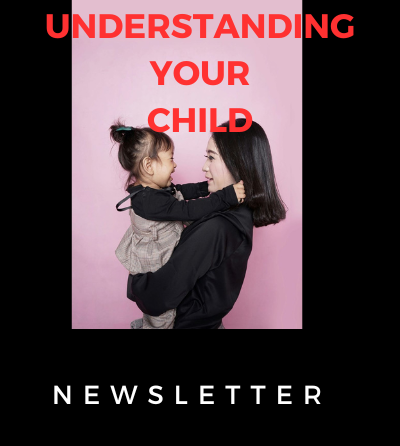 NewsLetter #1 May 7, 2024
NewsLetter #1 May 7, 2024
Your Child Experiences the World Through You
The mind of a child is like a sponge. It is open and receptive to all stimulation, whether that stimulation be beneficial or harmful. Your child’s skills (physical, cognitive, social, and spiritual) piggy-back on yours. He quickly learns to access those skills through reaching, babbling, crying, and making eye contact. Little girls learn these important early skills quickly and use them expertly. The problem with being so receptive to ones environment is that not all experiences in the environment are beneficial. A baby has zero experience from which to make choices.
It is a natural result of this inexperience that you will be making almost all your child’s decisions in the early years. The decisions you make for your child will come from your own life experiences. Were those experiences positive or negative? Have you learned from your experiences that life is positive, supportive, full of interesting and beautiful things that are available for your enjoyment and enrichment? Or have your experiences taught you that life is negative, dull, unsupportive, and requires all your effort to just survive? Have you learned that life is about expanding yourself or contracting yourself? Your child will receive these messages from you long before he/she learns the meanings of the words you are saying.
Your Child’s Ego Has Porous Boundaries
Every aspect of a baby is in development. Everything is in the process of emerging. It’s easy to forget that fact and see a child in static terms. When you see a child in static terms, you need an explanation for the child’s behavior. In static terms, the behavior tends to be viewed as good or bad, not as partially or fully developed. An important aspect of development in the early years is the child’s image of his/herself. The idea of an image is helpful here, because it introduces the concept of focus. In it’s early stages of development, the self-image is not in sharp focus. This fuzziness is a natural result of the lack of development and experience. One might express this as weak boundaries of the image. A fuzzy visual image imperceptibly fades into the background. Because it’s contour has not been strongly stated, one can’t be sure where the foreground image ends and the background image begins. This means your child does not clearly distinguish between the self and others, such as a parent.
It’s as if the boundaries of your child’s self-image are porous. Through these pores pass the parents’ attitudes, values, emotional responses to life, emotional responses to self, conceptions of self, like nutrients for the child’s self-image. Some of these nutrients result in healthy growth and some produce formations detrimental to the child’s emotional and cognitive development.
Your Child is a Product of You
Every child is a product of their parents’ physical health as expressed through the parents’ DNA. Likewise, the parental emotional development impinges upon that of the child’s. You are not your child’s teacher; you are your child’s parent. You and your child’s developments interact in intimate ways not possible between a student and teacher. You and your child’s interactions will produce life-long effects in your child’s development. The chances that those effects will be positive are best guaranteed by your own good mental health.